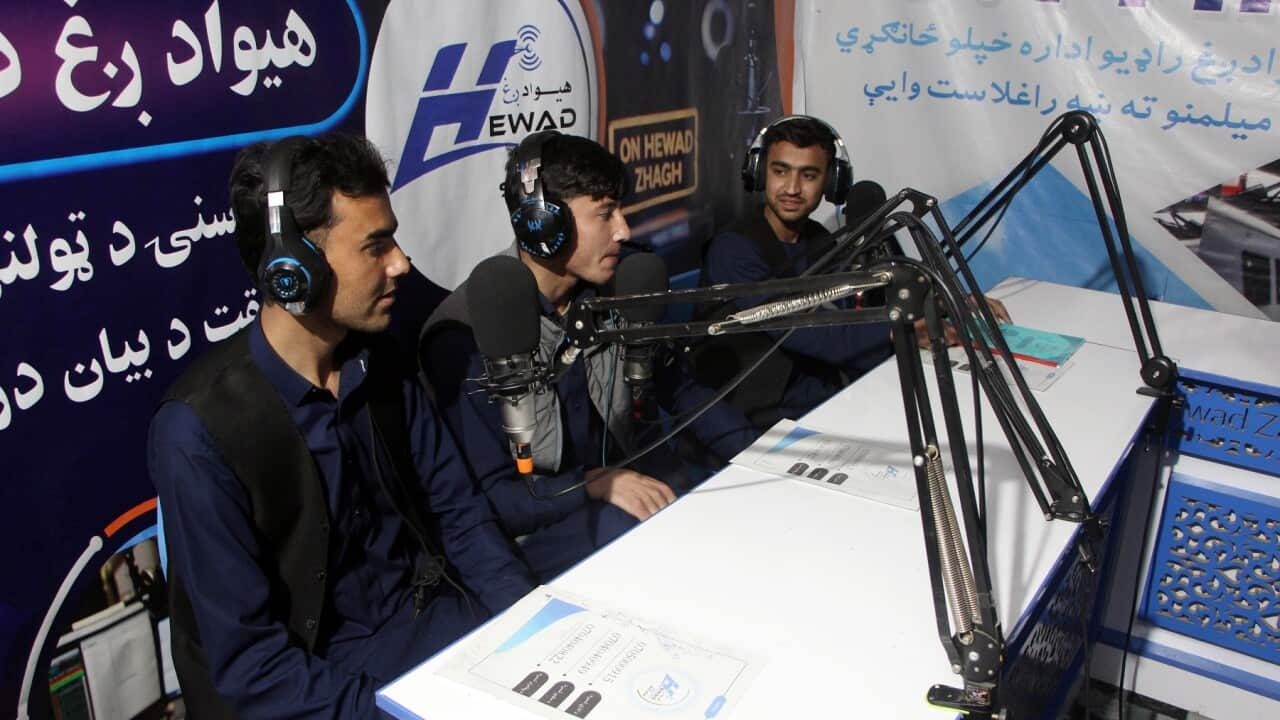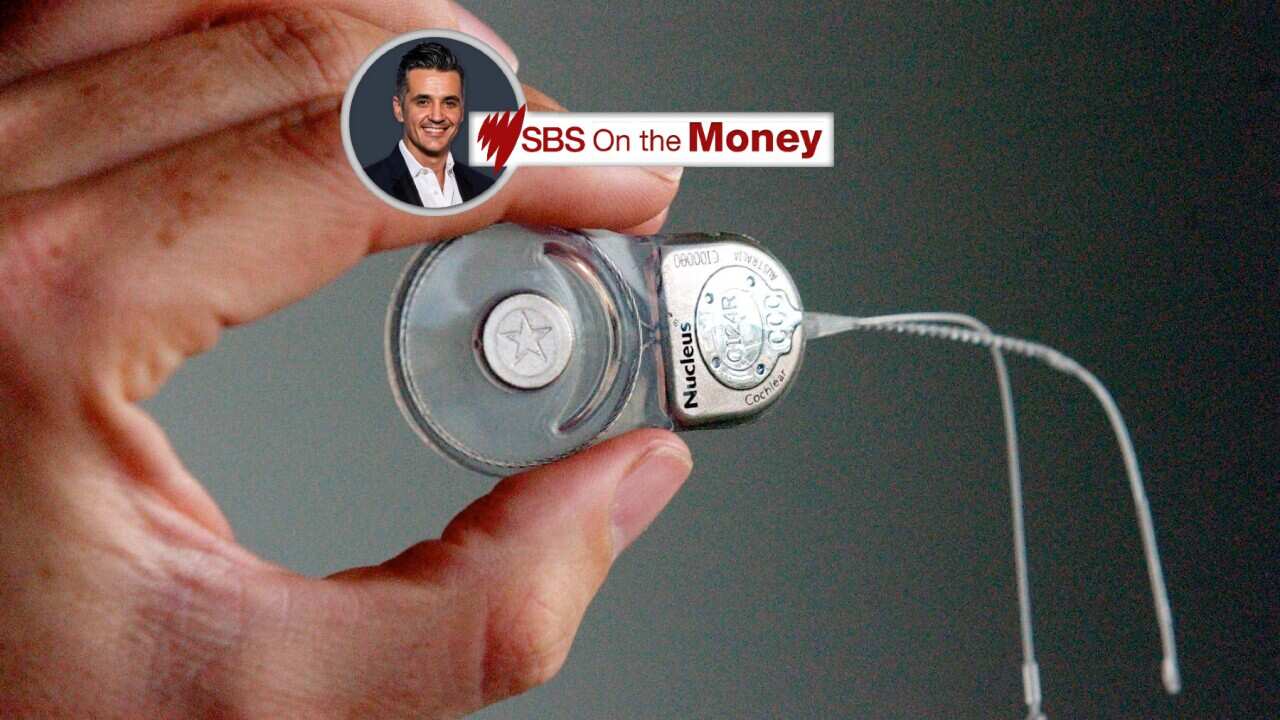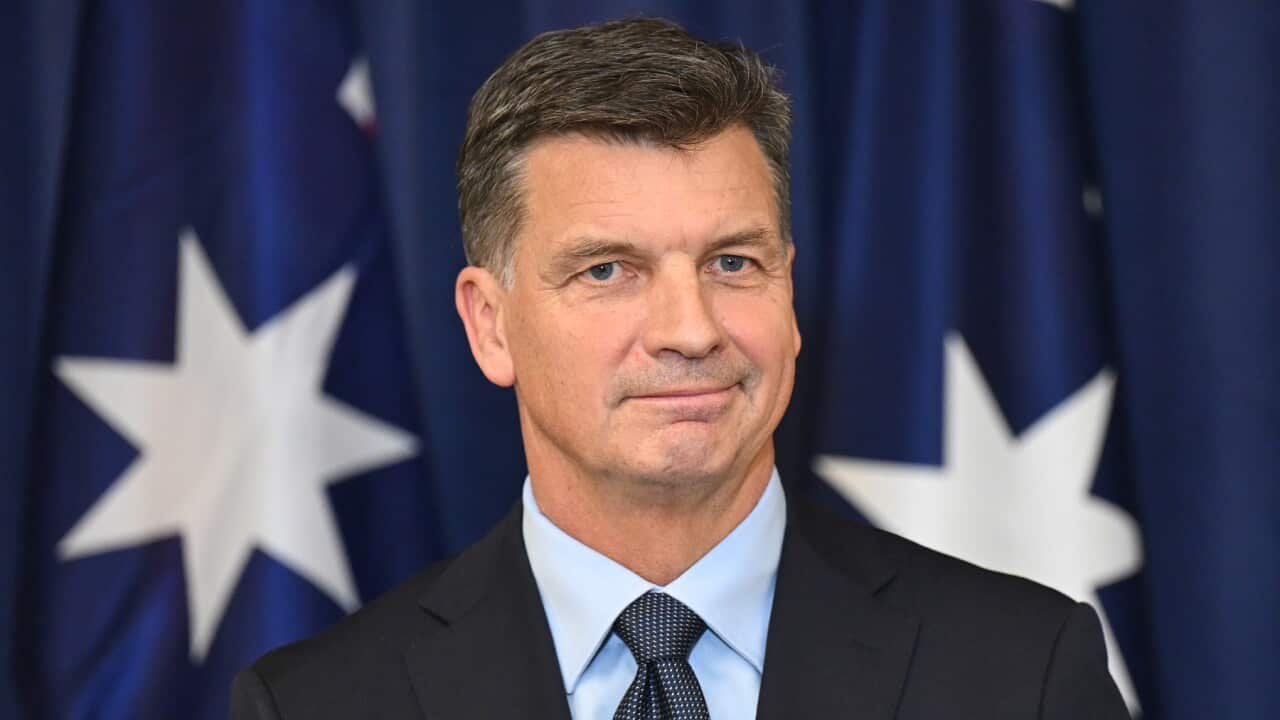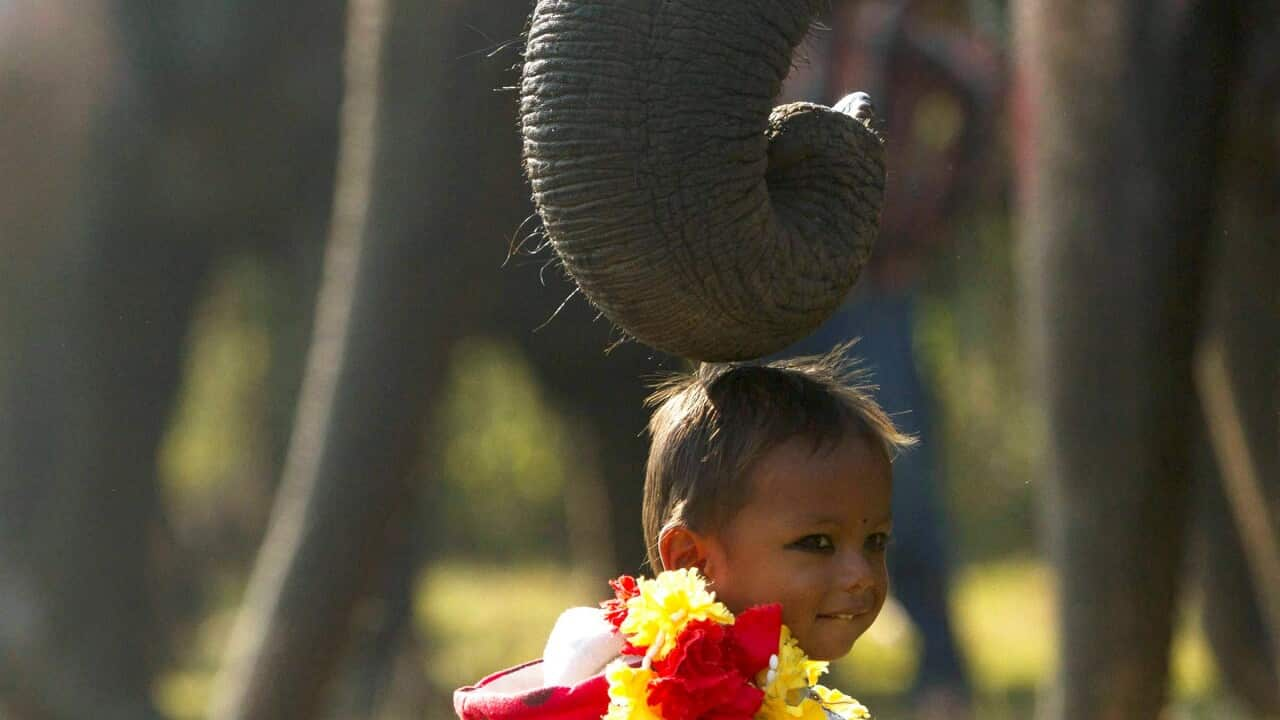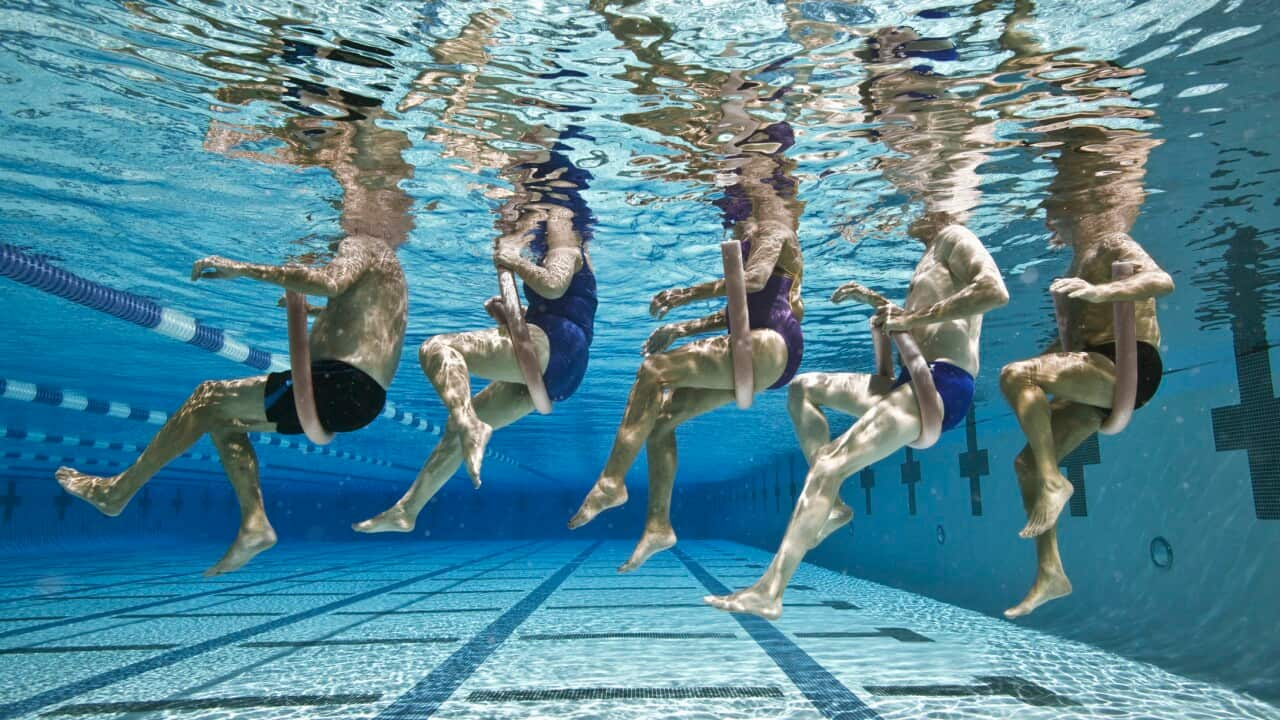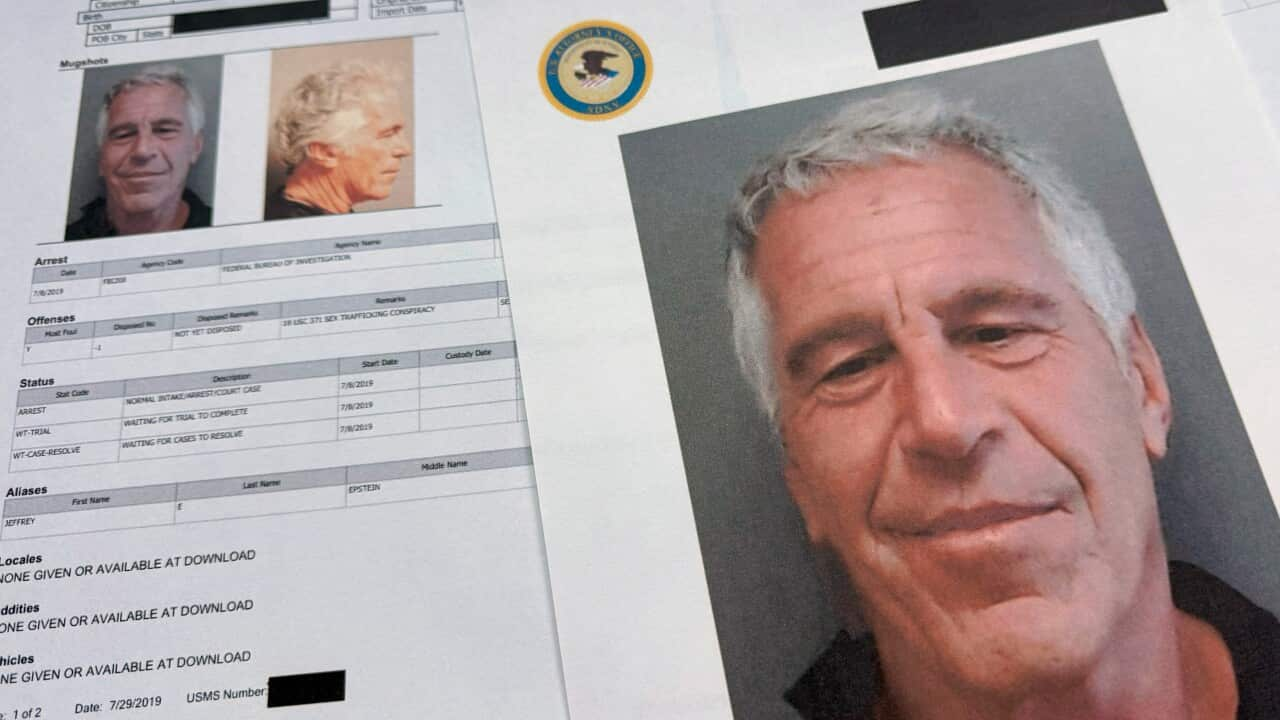Listen to Australian and world news, and follow trending topics with SBS News Podcasts.
TRANSCRIPT
In the storied halls of Victoria's State Library, there was nothing like a Teresa Teng classic to unite the room of business and community leaders.
These Asian-Australian trailblazers from around the country, gathered in Melbourne for a night to toast their shared success.
Among them was 18-year-old Annie Zhou.
She won this year's under-25 rising star award, for her financial literacy training aimed at disadvantaged students across Australia, Asia and Africa.
And another project of mine is the Brighter Futures Youth podcast, and that's where I interview leaders from various industries across the world about their insights about their careers on leadership to help young people find a way to navigate life and succeed in the future.
Indonesian-born Ferdy Bong was awarded for his contribution in the corporate sector - expanding a major Australian retail business into China.
I came here after high school, went to uni and then graduated. So yeah, I did not expect to get to this level. I hope what I did can inspire other people as well, it's definitely a lot of challenges, but then I have a lot of strong support beside me too.
The coming-together of the country's best and brightest Asian-Australian leaders is now in its seventh year.
While the gathering is a celebration of success, it's also a chance to highlight the persistent lack of diversity in leadership positions among our workplaces and institutions.
Martine Letts is Group CEO of AsiaLink, based at the University of Melbourne.
Only five people of Asian background are in the ASX 100 leadership positions. Asian-Australians make up around one fifth of our population. By any measure, they are under-represented. It is the most dynamic region economically. It will be for many years to come. It is almost negligent of Australian companies not to think about the advantage of having senior Asian-Australians with an understanding and perspective of Asia on their boards, for example. So it's a question of good sense, of commercial good sense, as well as equity.
This year's winner in the arts and culture category, was South Australian author Lyn Dickens.
She also told SBS about the importance of visibility for Asian-Australians in public life.
The equality or the sense of diversity we have is quite fragile, and we definitely need things like this event, and other events to remind people in the community that they are Australian as well and they're part of the society.
International cricketer Usman Khawaja was among the most high-profile of the award recipients.
In his acceptance speech for the sports award, he shared his own story about belonging in Australia.
I'm not ashamed to say I was a little bit embarrassed about being an Asian growing up in Australia. All I wanted to do was be an 'Australian'. I can proudly say now that I am Australian. I'm Australian with Asian heritage. I was born in Pakistan and to me, that means the world, to be able to say that with confidence.
This year's overall winner - Dr Sonu Bhaskar - was awarded for his contribution to stroke research and health equity.
We do not need to erase one part of our identity to celebrate another. That hyphen in Asian-Australian is not a barrier.. it is a bridge.
Dr Bhaskar reflected on what he described as increasing hostility in recent months, directed at Indian-Australians.
The discrimination, racism that we face, does not define us. We must get better, and the best way to be a better Indian-Australian is to serve our community.
From this year's overall winner, it was a pledge to continue working to break that bamboo ceiling.
While the rising star winner Annie Zhou believes there are many more Asian-Australian leaders to come.
I'm definitely very privileged to be part of a new wave of Asian-Australian who are part of this more diverse group of leaders we see in Australia today.

